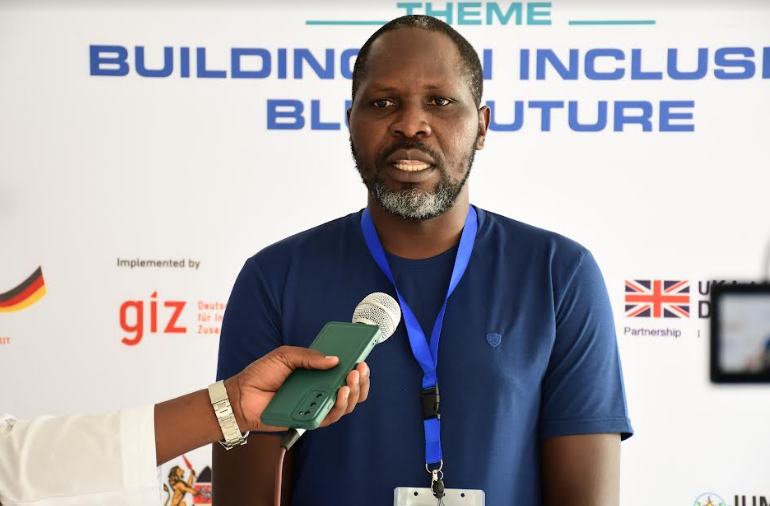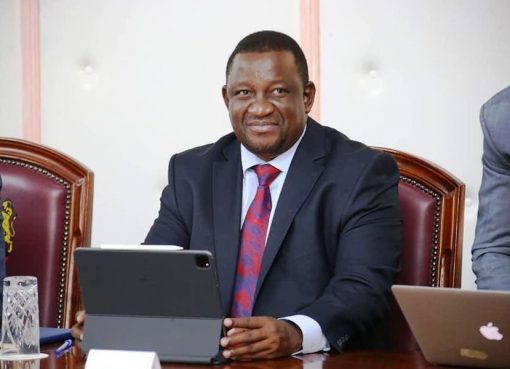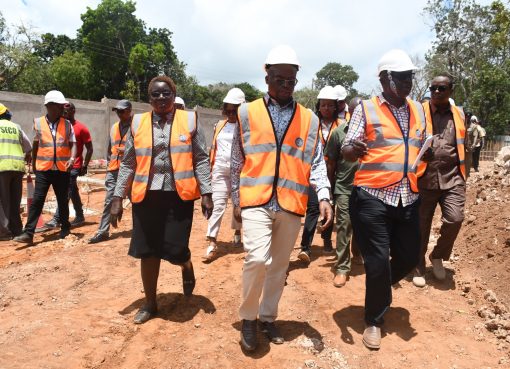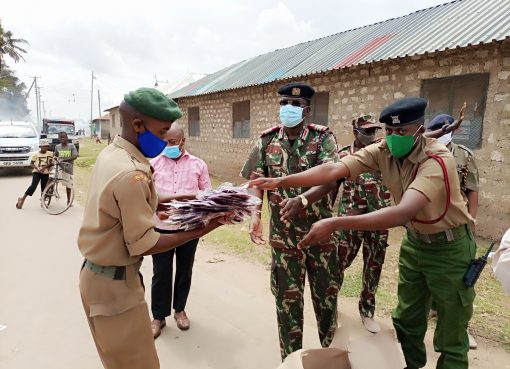As the Blue Economy Summit 2024 closed its curtains in Mombasa, stakeholders in the Blue Economy Sector are urging the government to provide more resources to enhance operations in various value chains, citing lack of funding as the impediment to progress.
Director of Sote Hub, the Summit organiser David Ogiga, said the sector required better focus as it played a pivotal role in providing job opportunities to women and youth and contributing to the country’s economy.
“Kenya raises a lot of revenue, approximately USD800 million (Sh103.6 billion), but only one per cent of it goes to the Blue Economy, and so forums like these aim at shedding light into the sector and bringing in more investors,” stated Ogiga.
He termed this year’s summit as successful given that over ten investors and at least four ambassadors participated in the forum, proving the significant role that the Maritime Sector plays in the country.
“This is a big milestone as it shows that not just in Kenya but the Blue Economy is an area of global interest; we also had 40 people from Tanzania participating in this event,” said Ogiga.
The three-day forum focused on identifying ways to draw resources into the Blue Economy sector.
During the closing ceremony, a deal book dubbed “The Blue Book” geared towards profiling different start-ups within the sector and linking them to investors was launched.
“This book is the first one of its kind in Africa, and we are hoping that come next year, we will be able to report positive results,” said Ogiga.
Dickson Mizinga, a beneficiary of the Go Blue project funded by the European Union, and one of the founders of a conservation group at the Crab Shark Restaurant, was recognised.
The conservation group stood out at the summit for planting over three million mangroves in the past five years in Kilifi County. Mizinga noted that through the project, the group received funding and training in crab farming.
“This project reached us at a perfect time since we were facing many challenges, including how to source fertilisers in crab farming, and through the Go Blue project we were linked to various places where we can find these fertilisers,” explained Mizinga.
He added that they also received hospitality training, noting that since then, the restaurant has grown tremendously, citing that currently, the restaurant generates an amount totalling Sh50 million, up from Sh20 million annually.
He stated that Blue Economy forums played a critical role in the Blue Economy sector as they linked startups to investors, thus improving the day-to-day operations within the sector.
By Nuru Soud





